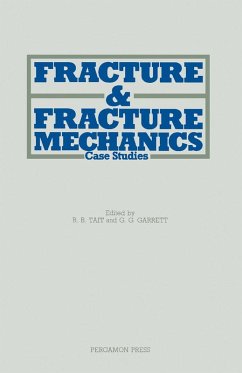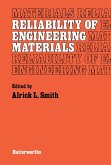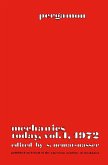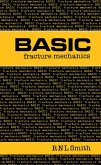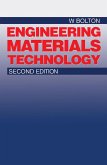This book has 29 chapters divided into five sections and opens with a discussion on the role of professional complacency in bridge failures. The first section is devoted to failure investigation and covers topics ranging from failure analysis of a hydraulic retarder piston to the use of scanning electron microscopy in investigating tungsten carbide-cobalt fractured components. The second section deals with slow crack growth and considers an approach to assessing structural integrity and fatigue failures in vibrating equipment. Failures arising from repair welding and incomplete heat treatment are described. The remaining chapters explore fitness for purpose evaluation of fractures; the environmental effects of fractures; and case studies of failure prevention in industries such as petrochemical, power generation, and transportation.
This monograph will be of interest to structural engineers, metallurgists, and materials scientists and technologists.
Dieser Download kann aus rechtlichen Gründen nur mit Rechnungsadresse in A, B, BG, CY, CZ, D, DK, EW, E, FIN, F, GR, HR, H, IRL, I, LT, L, LR, M, NL, PL, P, R, S, SLO, SK ausgeliefert werden.

